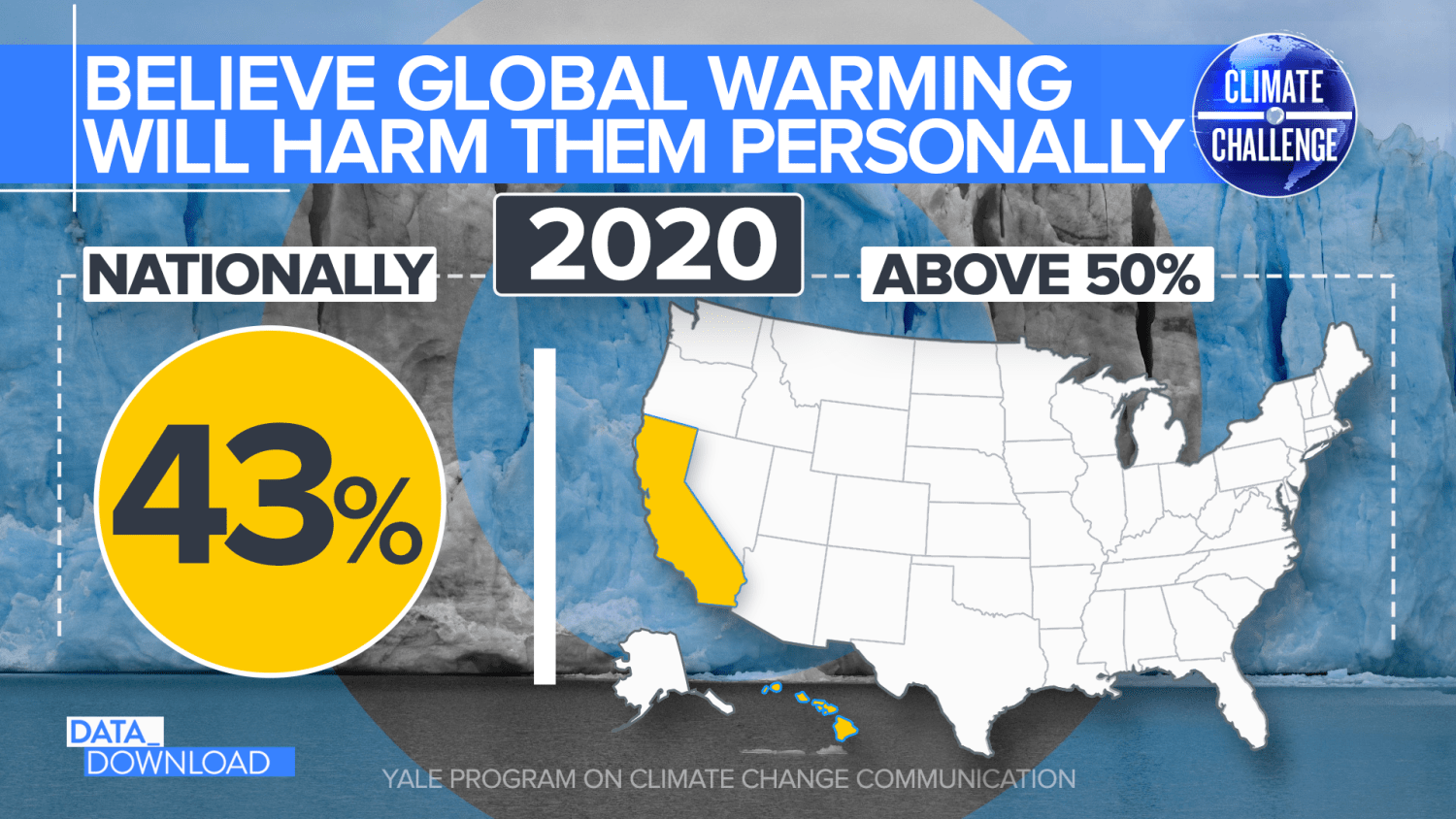The Impact of the Internet on the Spread of False Information
The internet has made it easier than ever to share information, both true and false. This has led to a proliferation of false information, or "fake news," online. Fake news can have a significant impact on society, as it can mislead people about important issues.
There are a number of factors that have contributed to the spread of fake news online. One factor is the ease with which it can be created and shared. Anyone with a computer and an internet connection can create a fake news website or social media account. And once fake news is created, it can be shared quickly and easily with a large number of people.
Another factor that has contributed to the spread of fake news is the rise of social media. Social media platforms like Facebook and Twitter make it easy for people to share news articles and other content with their friends and followers. This can help to amplify the reach of fake news, as it can be shared with a large number of people in a short period of time.
In addition, the algorithms that social media platforms use to recommend content to users can also contribute to the spread of fake news. These algorithms are designed to show users content that they are likely to be interested in, based on their past behavior. This means that if a user has previously liked or shared fake news articles, they are more likely to see more fake news in their feed.
The spread of fake news online has a number of negative consequences. It can mislead people about important issues, such as elections and public health. It can also erode trust in institutions and damage relationships between people. In some cases, fake news can even lead to violence.
There are a number of things that can be done to combat the spread of fake news online. One important step is to educate people about the dangers of fake news. People need to be aware of the signs of fake news, such as sensational headlines and lack of credible sources. They also need to be critical of the information they see online and not just believe everything they read.
Another important step is to hold social media platforms accountable for the content that is shared on their platforms. Social media platforms need to do more to remove fake news from their platforms and to prevent it from being shared in the first place. They also need to be more transparent about how they recommend content to users.
The spread of fake news online is a serious problem. However, it is a problem that can be solved. By educating people about fake news and holding social media platforms accountable, we can help to reduce the spread of this harmful information.
Here are some additional tips for identifying and avoiding fake news:
- Check the source of the information. Is the source credible? Is it a news organization that you have heard of before?
- Look for evidence to support the claims. Are there any links to credible sources? Are there any statistics or expert opinions?
- Beware of sensational headlines. If a headline seems too good to be true, it probably is.
- Don't share information that you haven't verified. If you're not sure if something is true, don't share it.
It is important to be vigilant about the spread of false information online. By being informed and critical of the information we see, we can help to stop the spread of fake news and protect ourselves from its harmful effects.
Five false pieces of information provided by the internet
- Health claims. There are many health claims that are circulating online that are not supported by science. For example, some people claim that drinking certain teas can cure cancer, while others claim that taking certain supplements can boost your immune system. It is important to be skeptical of health claims that you see online and to consult with a doctor before making any changes to your diet or taking any supplements.

- Political claims. In the run-up to elections, there is often a lot of false information circulating online about the candidates. This can be done to sway voters or to damage the reputation of a candidate. It is important to be critical of political claims that you see online and to verify them with a credible source before sharing them.

- Economic claims. There are also many false economic claims that circulate online. For example, some people claim that the government is secretly printing money to cause inflation, while others claim that the stock market is about to crash. It is important to be skeptical of economic claims that you see online and to do your own research before making any financial decisions.

- Scientific claims. There are also many false scientific claims that circulate online. For example, some people claim that climate change is a hoax, while others claim that vaccines cause autism. It is important to be skeptical of scientific claims that you see online and to check the source of the information before believing it.

- Personal stories. There are also many personal stories that are circulating online that are not true. For example, some people claim to have won the lottery, while others claim to have been cured of a terminal illness. It is important to be skeptical of personal stories that you see online and to verify them with a credible source before sharing them.
:max_bytes(150000):strip_icc():focal(1039x59:1041x61)/Jose-Velasquez-Finds-Out-He-Won-1-Million-lottery-090922-00d6c847c5d748ee9e156bad34fed43d.jpg) It is important to be aware of the false information that is circulating online and to be critical of the information that you see. By being informed and skeptical, you can help to stop the spread of fake news and protect yourself from its harmful effects.
It is important to be aware of the false information that is circulating online and to be critical of the information that you see. By being informed and skeptical, you can help to stop the spread of fake news and protect yourself from its harmful effects.



























